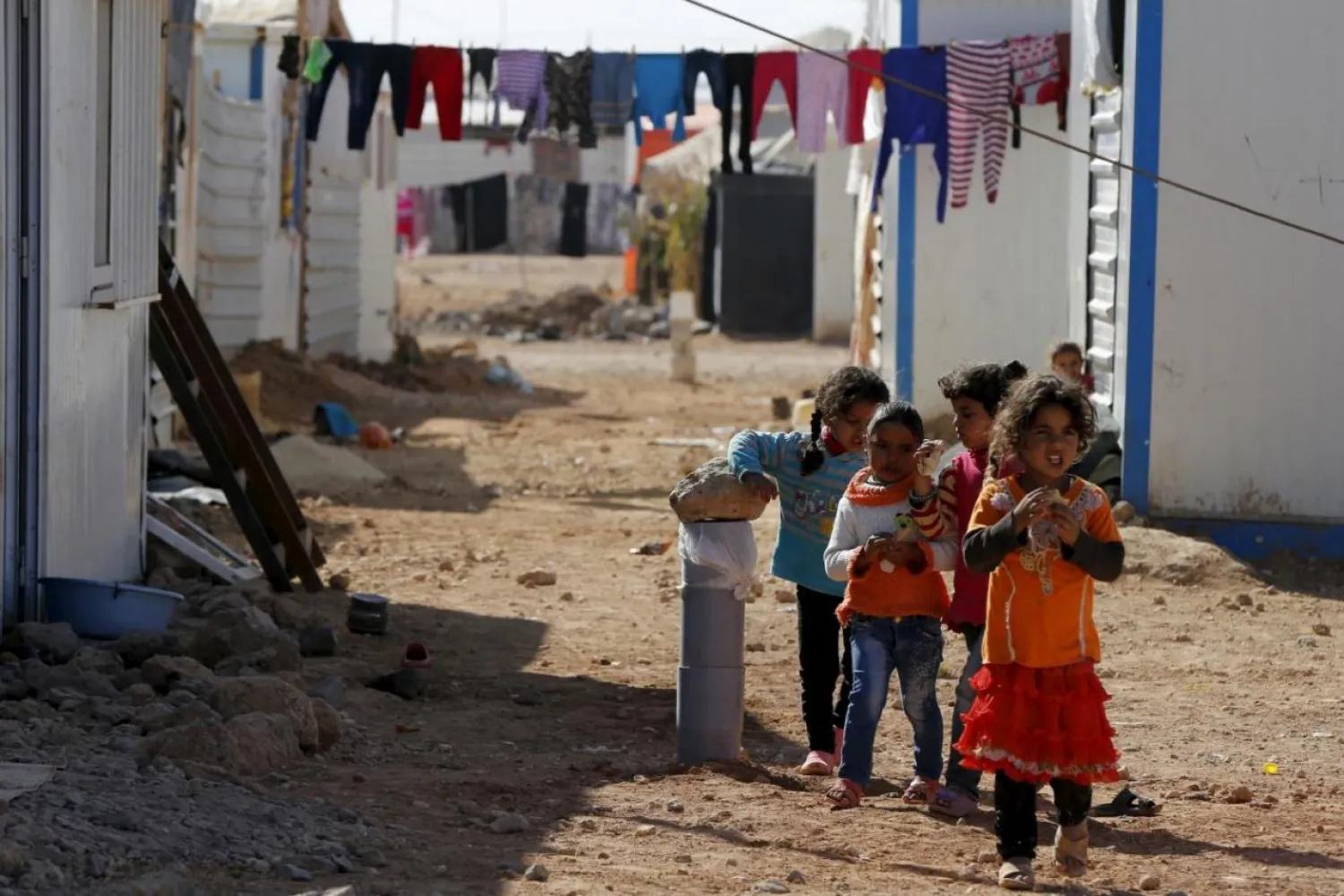Russia will help Jordan in repatriating Syrians after the regime of Bashar Assad controlled the provinces of Daraa, Qunaitra and Sweida in the country’s south, a Jordanian official said.
The official told Asharq Al-Awsat that Russia will repatriate 150,000 Syrians from Jordan by the end of 2018 after the establishment of a center near the border with Syria to process their paperwork.
State Minister for Media Affairs Jumana Ghneimat said the Russian proposal has been under discussion.
The Jordanian government refuses to force the return of displaced Syrians, she told the newspaper. “It is up to the refugee to decide whether he wants to return or not although the presence of huge numbers of Syrians has become a burden for Jordan.”
About the reported establishment of a center nine kilometers from the border with Syria, Ghneimat said this initiative was part of Russia’s larger proposal for the return of refugees, adding that the matter was under study by the Jordanian government.
Asked about the reopening of the Nassib border crossing, the government spokeswoman said it was up to Syria and not Jordan to decide whether it can turn the crossing operational.
She stressed that Amman hasn’t yet received any request from the Assad regime to open the border.
The Jordanian border crossing of Jaber is ready to operate and the roads leading to it are secure, Ghneimat told Asharq Al-Awsat.
A technical team including several ministry representatives visited the crossing last week for a tour of inspection.
Jordan has an interest in reopening the border because the crossing is an important thoroughfare for trade between Jordan, Syria, Lebanon, Turkey and several European countries, the newspaper quoted a transport ministry official as saying.
But the official said that reopening the border carried risks. The Jordanian government has fears that terrorists would enter the country with fake IDs.
The Jordan-Syrian border’s closure had severe repercussions on Jordan’s transport sector, the head of the Syndicate of Jordanian Truck Owners said.
But he stressed that Jordanian trucks are fully ready to transport goods to Syria as soon as the border crossing is reopened.
Before the Syrian crisis erupted in 2011, around 7,000 trucks drove through the crossing on a daily basis.









